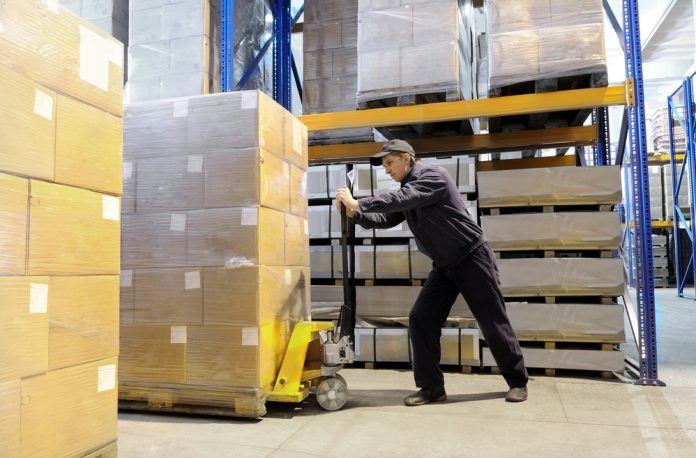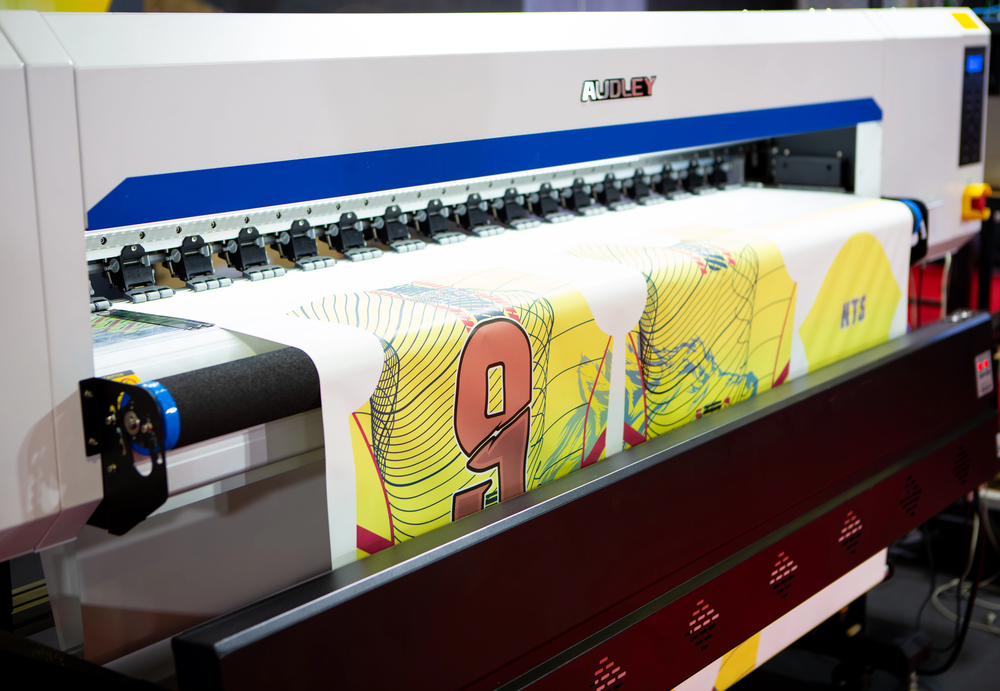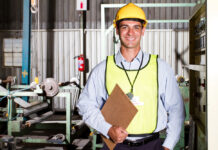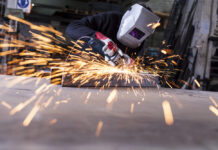When it comes time to look for a lifting machine for your warehouse, you must carefully choose its features. Usually, 3 key factors are taken into account:
- Proper functionality
- Operator & freight security
- Cost of acquisition and maintenance
In this article, we gather useful information and tips for choosing the right lifting machine.
1. Legislation & Obligations
The primary factor to consider is the type of fuel the machine uses. This is required by law.
Fuel Categories:
The most widespread categories today are: Electric, diesel and gas, while older vehicles (those using gasoline / or gasoline only) tend to disappear.
We should know that the choice of fuel is not always made to our personal preference, but primarily to the conditions imposed by the county, depending on where the machine operates and the goods it transports. Foodstuffs, for example, require electric, as well as closed warehouses, staff, etc. While the handling of flammable materials requires the use of special Anti-Explosive Lifting Machines.
Advice:
Try to have all the documents required by law. Some of these have to do with the safe operation of the machine. Don’t forget, first of all, the human lives that are on and next to the machines. Second, but also important, you should be aware that regular state checks are made and fines are strictly imposed.
2. Lifting Capacity
Select the correct lifting capacity of the machine, taking into account the final load deposition height. On the dashboard of the machines, there are usually high quality lift tables to assist the operator in calculating the loss of capacity, depending on the height and dimensions of the load.
3. Workplace of the Machine
Courtyard space and building dimensions provided it will operate indoors. Warehouse height (doors-ceiling).
For Special Warehouse Machinery:
In case that it is shelf service, careful and precise calculation of the distances between the shelves is needed. For high, pay particular attention to the refinement of the floor. In the case of a building under construction, the design of proper shelving should be carried out in relation to the machinery on the market. Generally, for the under-construction facilities, the ideal solution is to choose the layout of the space over existing machines, not the other way around.
Floors and Wheels:
Properly shaped floors play an important role in choosing the machine, as many of the stock vehicles have a particularly low profile, and their wheels are relatively sensitive to rough terrain (e.g. asphalt). For counterweight machines, choose machines depending on the terrain of the tires concerned.
Elevation and Ceilings:
The lifting mast that accompanies the machine is also a key criterion relevant to your space. This allows you to choose between simple webs and free-lift webs that are suitable for entering and operating the machine in a closed container and generally in confined spaces. At the same time, however, the triple mast significantly reduces the operator’s visibility and greatly increases the cost of the machine. Only choose it if you really need the free lifting function.
4. Technology
Don’t try to find them all on a very cheap machine. It can not be done. Serious and reliable machinery has a high cost of construction and requires research into the economy, reliability and safety issues.
German technology on these issues is unbeatable.
If you visit German manufacturing plants, you will be amazed at the thorough tests they make on the machine parts, as well as the final tests of the manufactured lifts. Hundreds of technical scientists are paid to study and design new improved versions of an already much-improved machine.
Hundreds of machines are destroyed every year in the process of trying to find where their weaknesses are. They throw heavy loads on their roofs to measure their strength, try to overthrow them, or throw them under ramps, and make targeted manipulation errors to test if the design of the safety systems in place will prevent those errors.
Find a Home-Based Business to Start-Up >>> Hundreds of Business Listings.

















































